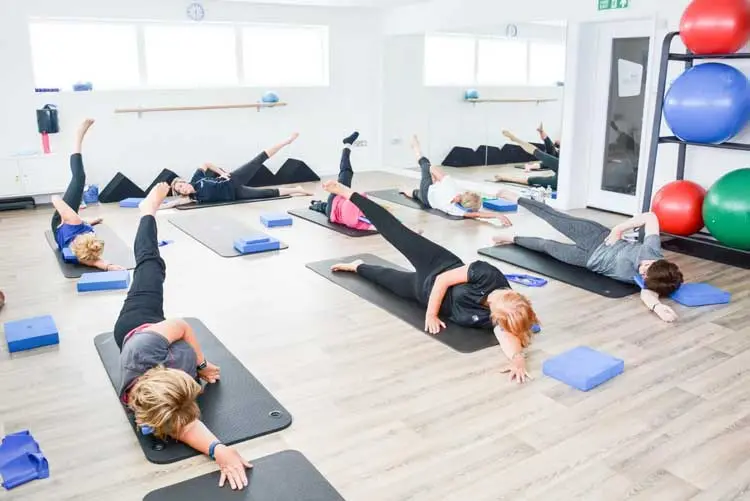Sudden onset of back pain is not uncommon, we see dozens of people a month at goPhysio who come in with quite severe pain in their back. Often this has come on suddenly without any warning.
It can be quite a scary experience, especially when it comes on quite quickly and is quite an intense pain. However, in the majority of cases back pain isn’t anything too serious and when handled in the right way will resolve quickly.
So, if you wake up with back pain or suddenly suffer with pain in your back, what should you do?
- Try and keep moving. Even though moving may make the pain worse, it’s very important to keep moving. If you’re afraid to move and just stay in 1 position this will actually make your problem worse. Moving will help reduce muscle spasm and help act as a natural painkiller by de-sensitising the injured area.
- Use a heat pack or hot water bottle on your back. This will help reduce muscle spasm, relieve pain and make it easier to move about. 10-15 minutes every couple of hours is good.
- Try and do some back exercises every couple of hours (after you’ve used heat above is a good time).
- Take painkillers. Speak to your pharmacist about the best ones to take for you, but painkillers are worth taking as they will help ease the pain which will make moving easier.
- As the pain eases, build up what you are doing. When the pain is quite severe, you may have to modify what you do day to day to minimise aggravating your pain, but try and get back to ‘normal’ ASAP.
- If your pain isn’t easing after 3-5 days or is getting worse, come and see one of our Physio’s. We’ll do a full assessment to get to the bottom of what’s causing your problem and start a penalised recovery plan to get it better and stop it coming back too.
These simple exercises are a great way to gently get your back moving and help ease pain and tension.
Pelvic Tilt – lying on your back, gently tilt your pelvis backward and forwards, so you’re alternately arching and flattening your lower back. You can also try this in sitting or standing.

Lumbar Rotations – lying on your back, gently rotate your knees from side to side as far as you feel comfortable.

Back Stretch – lying on your back, gently bend one leg up towards you with your hands round your knee. Repeat with the other leg.

What if it doesn’t get better? Back pain will often ease off over a few days. If you find your pain isn’t improving or is getting worse, you’d benefit from coming to see one of our Physiotherapists. They’ll be able to work with you to provide relief from your back pain. Just give us a call on 023 8025 3317. You can also book an appointment online.
There are many common myths surrounding back pain. These include ‘Moving Will Make My Back Pain Worse’, ‘Should I Avoid Exercise?’ and ‘Do I Need A Scan?’, which you can read more about on our other blogs. We’ve also written about the latest NICE Guidelines on the management of back pain.
If you’re experiencing back pain and also have symptoms that affect you going to the toilet, having pins and needles or numbness around your seat area or pain or pins and needles in your leg, these may be signs of something more serious going on. If this is the case, it is advisable to go and see your GP.



